privacy
PRIVACY POLICY: FOR COLLECTION, USE, AND DISCLOSURE OF PERSONAL INFORMATION
Privacy of your personal information is an important part of our office. We understand the importance of protecting your personal information. We are committed to collecting, using and disclosing your personal information responsibly. We are always transparent and as open as possible about the way we handle your personal information.
All staff members who encounter your personal information are aware of the sensitive nature of the information that you disclose to us. They are all trained in the appropriate uses and protection of your information. We will ensure:
- Only necessary information is collected about you
- We only share your information with your consent
- Storage and retention and destruction of your personal information complies with existing legislation, and privacy protection protocols
- Our privacy protocols comply with privacy legislation, standards of our regulatory body, the Royal College of Dental Surgeons of Ontario, and the law
HOW OUR OFFICE COLLECTS, USES AND DISCLOSES PATIENTS’ PERSONAL INFORMATION
Our office understands the importance of protecting your personal information. To help you understand how we are doing that, we have outlined here how our office is using and disclosing your information.
- To deliver safe and efficient patient care and to advise you of treatment options
- To identify and to ensure continuous high-quality service
- To advise you of treatment options
- To establish and maintain communication with you
- To offer and provide treatment, care and services in relation to the oral and maxillofacial surgery complex and dental care generally
- To communicate with other treating health-care providers, including specialists and general dentists who are referring dentists/or peripheral dentists
- To allow us to efficiently follow-up for treatment, care and billing
- For teaching and demonstrating purposes on an anonymous basis (no patient identifiers will be used)
- To complete and submit dental claims for third party adjudication and payment ( if needed)
- To comply with legal and regulatory requirements, including the delivery of patients’ charts and records to the Royal College of Dental Surgeons of Ontario in a timely fashion, when required, according to the provisions of the Regulated Health Professions Act
- To comply with legal agreements/undertakings entered into voluntarily by member with the Royal College of Dental Surgeons of Ontario, including the delivery and/or review of patients’ charts and record to the college in a timely fashion for regulatory and monitoring purposes.
- To permit potential purchasers, practice brokers or advisors to evaluate the dental practice
- To allow potential purchasers, practice brokers or advisors to conduct an audit in preparation for a practice sale
- To deliver your charts and records to the dentists’ insurance carrier to enable insurance company to assess liability and quantify damages, if any
- To prepare materials for the Health Professions Appeal and Review Board (HPARB)
- To invoice for goods and services
- To process credit card payments and collect unpaid accounts
- To monitor products used on a patient such as bone graft materials
- To assist this office to comply with all regulatory requirements and with the law
COMMUNICATING WITH OUR OFFICE VIA EMAIL
When we send you an email, or you send us an email, the information that is sent is not encrypted. This means a third party may be able to access the information and read it since it is transmitted over the Internet. In addition, once the email is received by you, someone on your end may be able to access your email account and read it.
- To deliver safe and efficient patient care and to advise you of treatment options
- HIPAA stands for the Health Insurance Portability and Accountability Act
- HIPAA was passed by the U.S. government in 1996 in order to establish privacy and security protections for health information
- Most popular email services (ex. Hotmail®, Gmail®, Yahoo®) do not utilize encrypted email.
- When we send you an email, or you send us an email, the information that is sent is not encrypted. This means a third party may be able to access the information and read it since it is transmitted over the Internet. In addition, once the email is received by you, someone may be able to access your email account and read it.
- Email is a very popular and convenient way to communicate for a lot of people, so in their latest modification to the HIPAA act, the federal government provided guidance on email and HIPAA.
- The guidelines state that if a patient has been made aware of the risks of unencrypted email, and that same patient provides consent to receiving health information via email, then a health entity may send that patient personal medical information via unencrypted email.
By sending a request for an appointment, virtual consultation, or other information with email you are accepting the terms and conditions of utilizing non-encrypted email to communicate health information.

